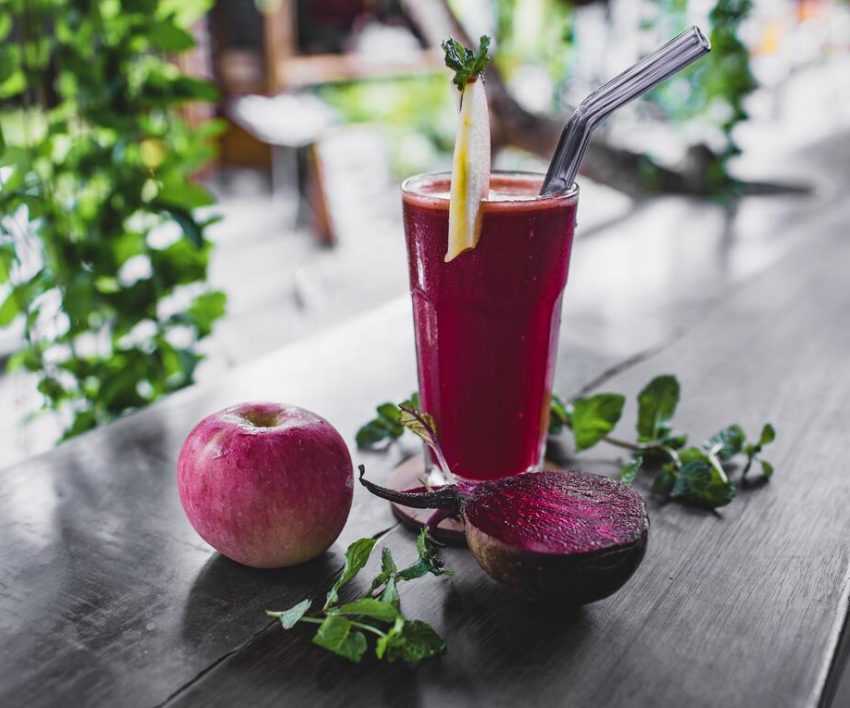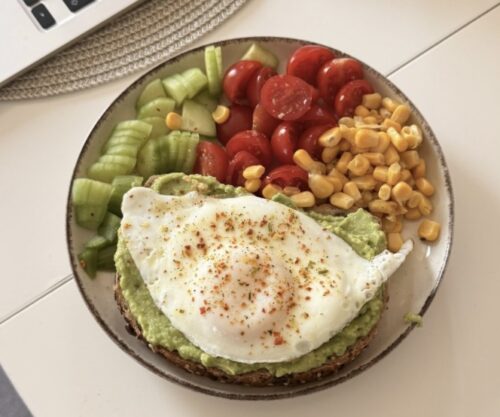
Beetroots or beets are known for their nutritional value that includes antioxidants, vitamins and minerals. Studies also add that beets contain bioactive compounds called betalains, which may be beneficial for people’s health.
Shared by Healthline, nutritionist and wellness coach Mary Sabat adds that, if taken in moderation beetroot juice can become part of a healthy diet. She also shares potential health benefits such as reducing inflammation, cleansing the gut, and improving athletic performance as benefits of the consuming the red juice.
Whether you buy the beetroot juice or make it yourself at home following a healthy juice recipe, the juice might help you when suffering from the following conditions, supplied by Healthline.
Beet juice may help lower your blood pressure. Researchers found that people who drank 250 milliliters (or about 8.4 ounces) of beet juice daily lowered both systolic and diastolic blood pressure. Nitrates, compounds in beet juice that convert into nitric oxide in the blood and help widen and relax blood vessels, are thought to be the cause.
Beets are a good source of potassium, a mineral and electrolyte that helps nerves and muscles function properly. Drinking beet juice in moderation can help keep your potassium levels optimal. If potassium levels get too low, fatigue, weakness, and muscle cramps can occur. Very low potassium may lead to life threatening abnormal heart rhythms.
Folate is a B vitamin that helps prevent neural tube defects, such as spinal bifida and anencephaly. It may also decrease your risk for having a premature baby. Beet juice is a good source of folate. If you’re of childbearing age, adding folate to your diet can help you get the daily recommended amount of 600 micrograms.
Straight beet juice is low in calories and has virtually no fat. It’s a great option for your morning smoothie. It’ll give you a nutrient and energy boost as you start your day.
You may develop a condition known as nonalcoholic fatty liver disease if your liver becomes overloaded due to the following factors: a poor diet, excessive alcohol consumption, exposure to toxic substances, sedentary lifestyle. The antioxidant betaine potentially helps prevent or reduce fatty deposits in the liver. Betaine may also help protect your liver from toxins.
Also see: Interesting benefits of beetroot




